Signs of a poor metabolism

Cells perform chemical reactions to sustain your body's health. These chemical reactions often connect a multitude of pathways. The cell's metabolism encompasses all internal chemical reactions.
When disrupted or dysregulated, cellular pathways become dysfunctional. At the cellular level, when reactions do not work correctly, it shows up somewhere else.
Physical signs become clearly visible. Doctors know when and how to look for these exam findings. But, unfortunately, the signs show up much later than when the problems first occurred.
The body tells us when something is wrong. It's time to listen and be aware of the physical signs which can represent a maladapted metabolism.
Visceral and abdominal fat
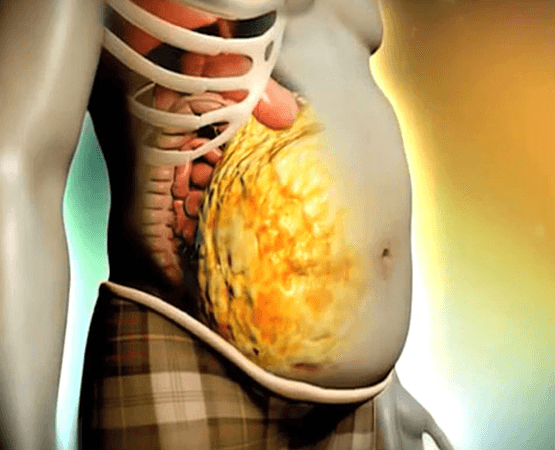
When your metabolism slows down, hormonal imbalances can cause disruptions in the distribution of fat in your body. Examples of factors that cause the distribution of fat specifically around the organs and abdominal region include insulin resistance and elevated cortisol hormones.
In a condition know as Cushing's syndrome, elevated Cortisol hormone levels lead to Buffalo hump, another example of how whole-body fat distribution changes when your metabolism is working right.
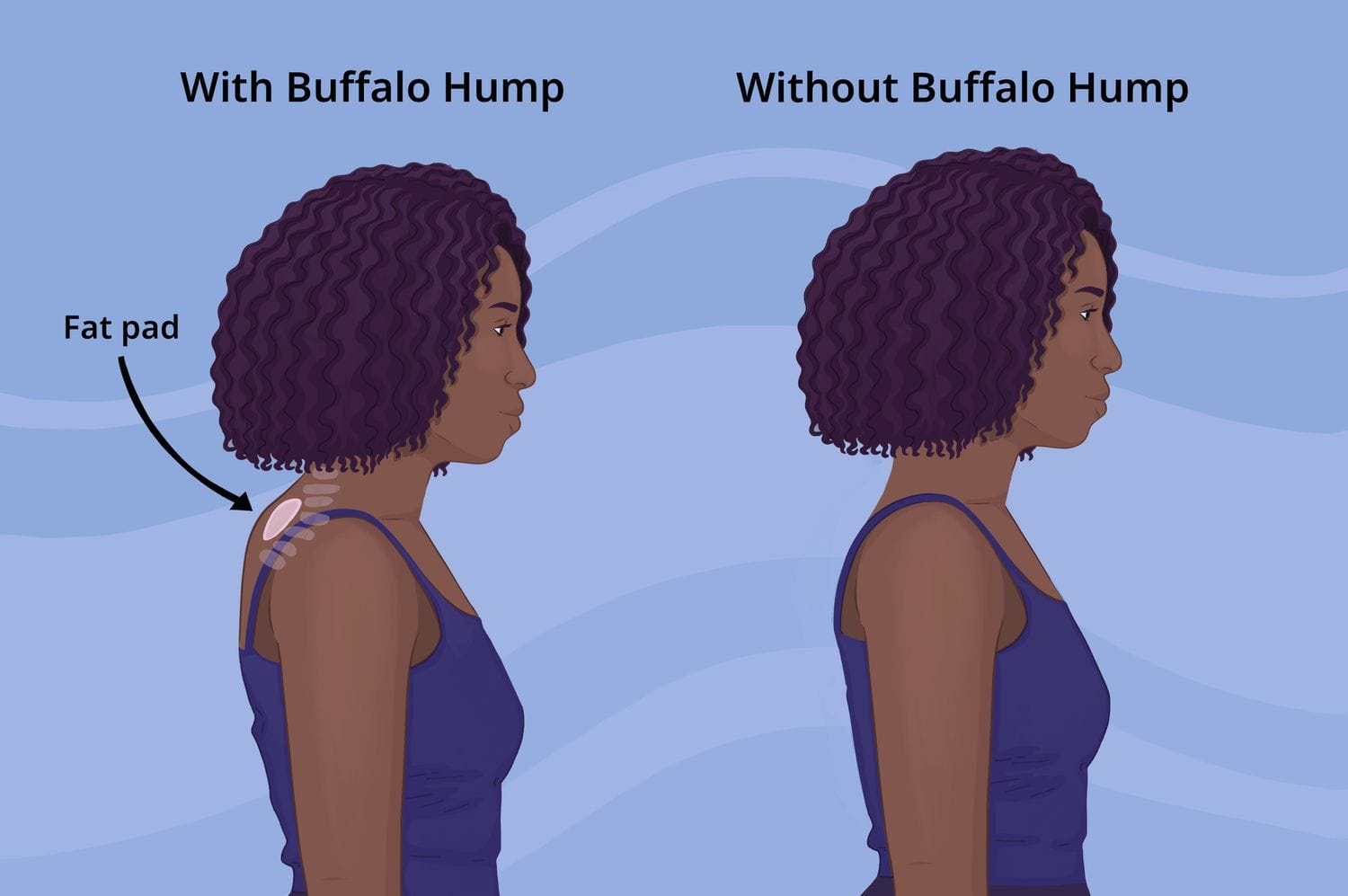
Acanthosis nigricans

Darkened skin pigmentation in skin folds with a velvety texture. Another physical sign of insulin resistance. Kids as young as sixteen present with this skin condition. Topical remedies cannot treat this skin condition. It's commonly linked to diabetes.
Skin tags
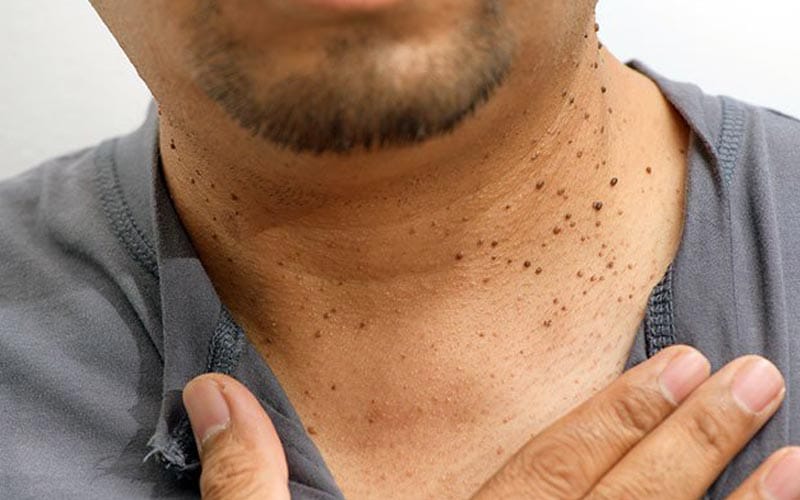
While the cause of skin tags can vary, metabolic and hormonal disruptions are an obvious cause. Mostly seen in obese and overweight individuals.
Gynecomastia in males (man boobs)

Excessive body fat causes increases estrogen and reduced testosterone. The hormonal imbalance causes increased growth of breast tissue.
Facial hair in females
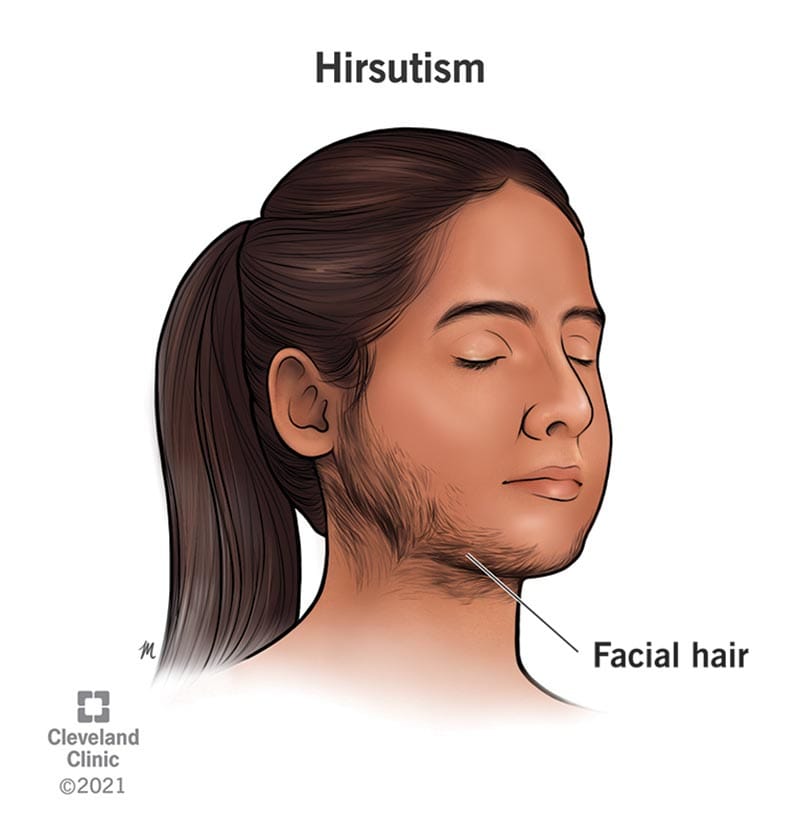
Polycystic ovarian syndrome is yet another manifestation of insulin resistance. Elevated male androgen hormone levels combined with ovarian dysfunction leads to a condition called hirsituism. Females can develop hair distribution in areas which a typical for men.
Brittle nails with Thinning or brittle hair
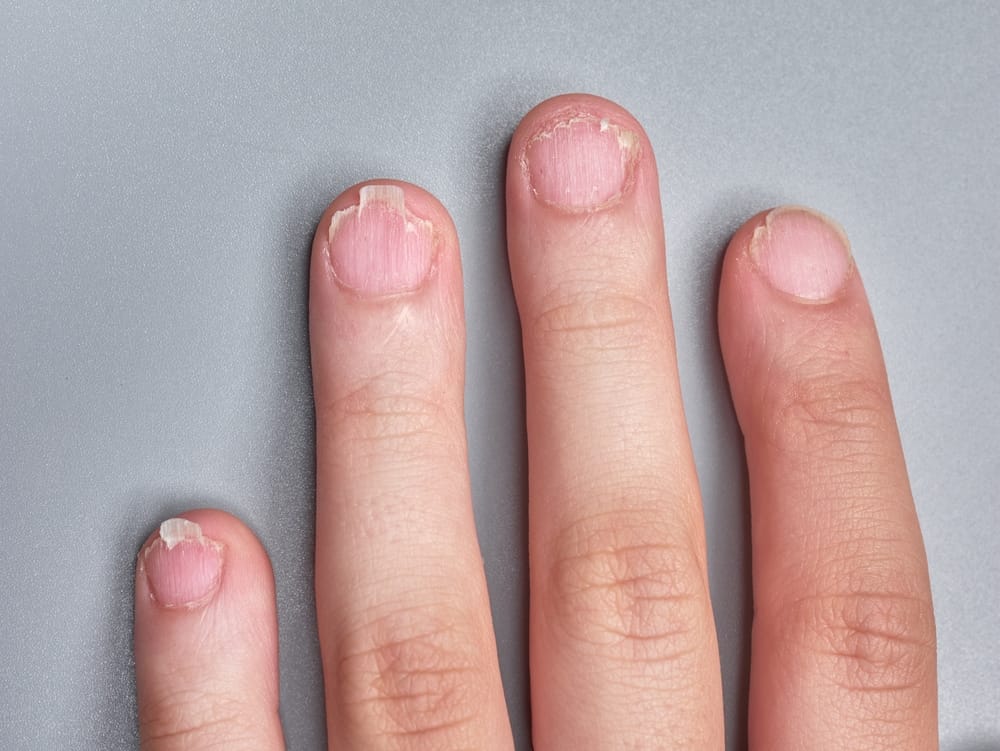
Poor metabolism can cause inadequate absorption or utilization of essential nutrients, including vitamins and minerals crucial for nail health. Deficiencies in nutrients such as biotin, iron, zinc, and vitamin C can weaken the structure of the nails, leading to brittleness and susceptibility to breakage.
The presence of genetic factors can be a contributing factor. The same goes for the natural aging process. Certain types of cancer can also alter the body's metabolic processes.
We can speed up the process of a worsening metabolism by being sedentary, eating a poor diet lacking nutrient density and over consuming calories, leading to excessive body fat and obesity.
Lifestyle changes can effectively disrupt the cycle that leads to insulin resistance and various chronic diseases by targeting these modifiable risk factors.
How do you fix this?
Seek a knowledgeable health care provider.
It's challenging to determine the root cause. Get blood work. We should check insulin levels, blood glucose, cholesterol levels, body composition, hormonal levels, etc.
There are a few medications which make your metabolism worse. As an example, insulin for diabetes. Giving insulin to an uncontrolled diabetic can worsen their insulin resistance. Here’s why. Insulin resistance is further exacerbated by exogenous insulin, unless you change your diet and exercise. More weight gain and an increased need for insulin will be necessary.
Lifestyle modifications are key
Strengthening your muscles is by far one of the most beneficial methods of improving your metabolism. Increasing strength and muscle mass can improve metabolism by increasing the body's resting metabolic rate. This leads to a higher number of calories being burned even during periods of rest. It has the added benefit of positively influencing hormonal balance by reducing insulin resistance and facilitating the release of growth hormone.
Diet. Whole foods are key. Necessary micro and macronutrients, including vitamins and minerals.
Avoiding excessive calories as processed carbohydrates and sugars makes it difficult to reduce your total body fat. Excessive body fat is bad. Increased body fat percentage creates chronic inflammation and disrupts hormonal regulation.
Improved sleep quality creates advanced and complete regulation of the metabolism. Getting enough sleep helps your metabolism by regulating hormones that control appetite, glucose metabolism, and energy expenditure, which promotes overall metabolic health.
Summary
Witnessing the signs of poor metabolism can be alarming, signaling a deep-rooted imbalance within our bodies. This imbalance is not permanent, it can be reversed. The major factors responsible for this problem are insulin resistance, excess body fat, and hormonal dysregulation. However, understanding where they come from is key to restoring metabolic harmony. Embracing healthy lifestyle changes gives us hope through fitness, stress relief, and nourishing food. It sounds simple, doesn't it? Yet, within these choices lies the transformative power to restore vitality and reclaim our metabolic well-being.